
Recommendation
Social entrepreneur Leila Janah brought a “start-up mentality” to charity work when she established Samasource, a business that connects the poorest of the poor to digital work. Her employees – who hail from disadvantaged communities, worldwide – tag and digitize records for over a hundred companies, including eBay and Walmart. They have, thus, lifted themselves from poverty. People often assume charitable and for-profit work are mutually exclusive; but Janah explains how companies can integrate social good and “giving work” into a company’s DNA, while still turning a profit.
Summary
About the Author
Leila Janah is the founder and CEO of Samasource and LXMI.
By the same author
Learners who read this summary also read
Book
Book
Book
Book











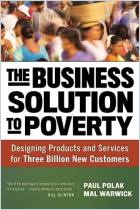

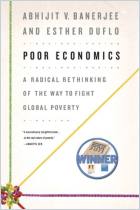
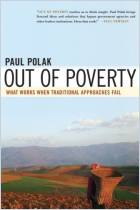
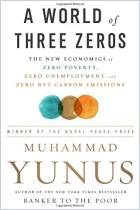
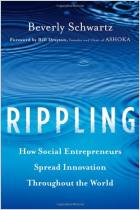



Comment on this summary or Diskussion beginnen